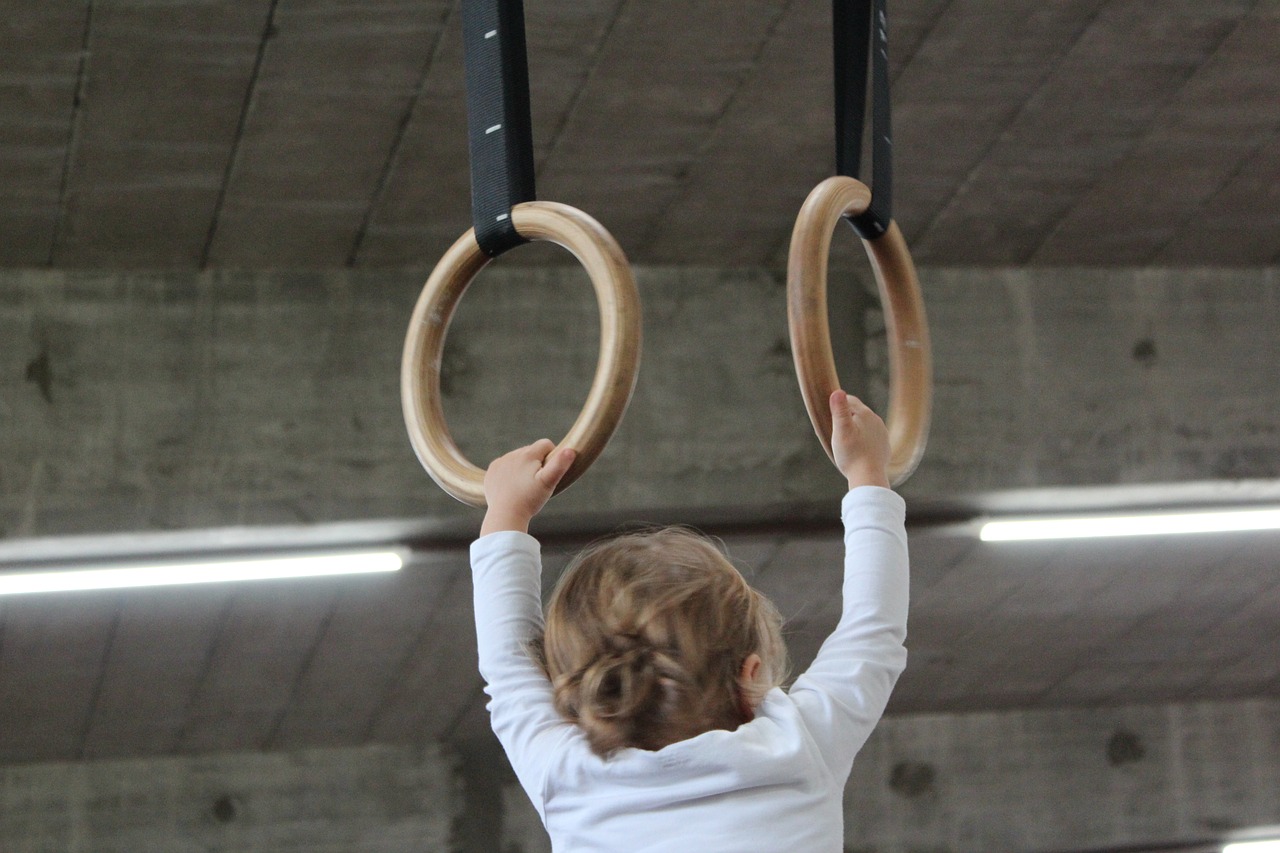Contents:
- Medical Video: The brain-changing benefits of exercise | Wendy Suzuki
- What are the benefits of exercise for children from the psychological side?
- 1. Prevent depression
- 2. Increase self-confidence
- 3. Giving happiness (good well-being) and reduce stress
- 4. Build character
- 5. Making children rarely "act up"
Medical Video: The brain-changing benefits of exercise | Wendy Suzuki
When we talk about the benefits of exercise for physical health, it seems almost everyone knows. Sports can keep away from obesity, prevent osteoporosis (bone loss), prevent heart disease, and various other benefits. But did you know that exercise can also be beneficial for a child's mental or psychological health?
Sports teach children about many things. Children can get pleasure from sports games while learning about interactions with coaches and teamwork. In addition, children can explore and practice new things, such as commitment, discipline, motor skills, and socializing skills with new friends.
What are the benefits of exercise for children from the psychological side?
The following are important benefits for a child's mental or psychological health.
1. Prevent depression
Depression can also be experienced by children, especially teenage girls. According to Williams et al, exercise can reduce a child's risk for depression. When children can participate well in sports, children will feel satisfied with what they can achieve. So it is not surprising, if participation in sports can protect children from feeling helpless and the desire to commit suicide.
2. Increase self-confidence
Exercise can also increase a child's confidence. Findlay et al found that exercise can help children who are shy to become more confident. In this study, after undergoing exercise for some time, little by little the worries and shame that children have diminished.
3. Giving happiness (good well-being) and reduce stress
Research conducted by Michaed et al found that children who often exercise tend to feel happy than those who do not. Other research shows that children who actively participate in sports tend to have lighter emotional stress.
4. Build character
Children who often exercise will be more experienced with the rules fair play or to be fair to each other. This experience will also shape the character of the child to be someone who is strong, reliable, has commitment and good motivation, and trains children to be someone who is clever.
5. Making children rarely "act up"
Segrave et al found that juvenile delinquency rates were lower in those who exercise frequently. There are several theories underlying this. One theory says that exercise can release the child's "excess energy" so that he does not use this "excess energy" to do bad things. Another theory says, exercise makes the child become too tired to be naughty.
Therefore, let your child participate in sports. Let your child feel happy playing with friends and explore their abilities. Let him develop into a stronger individual not only in physical terms, but also in terms of mental mentality.












